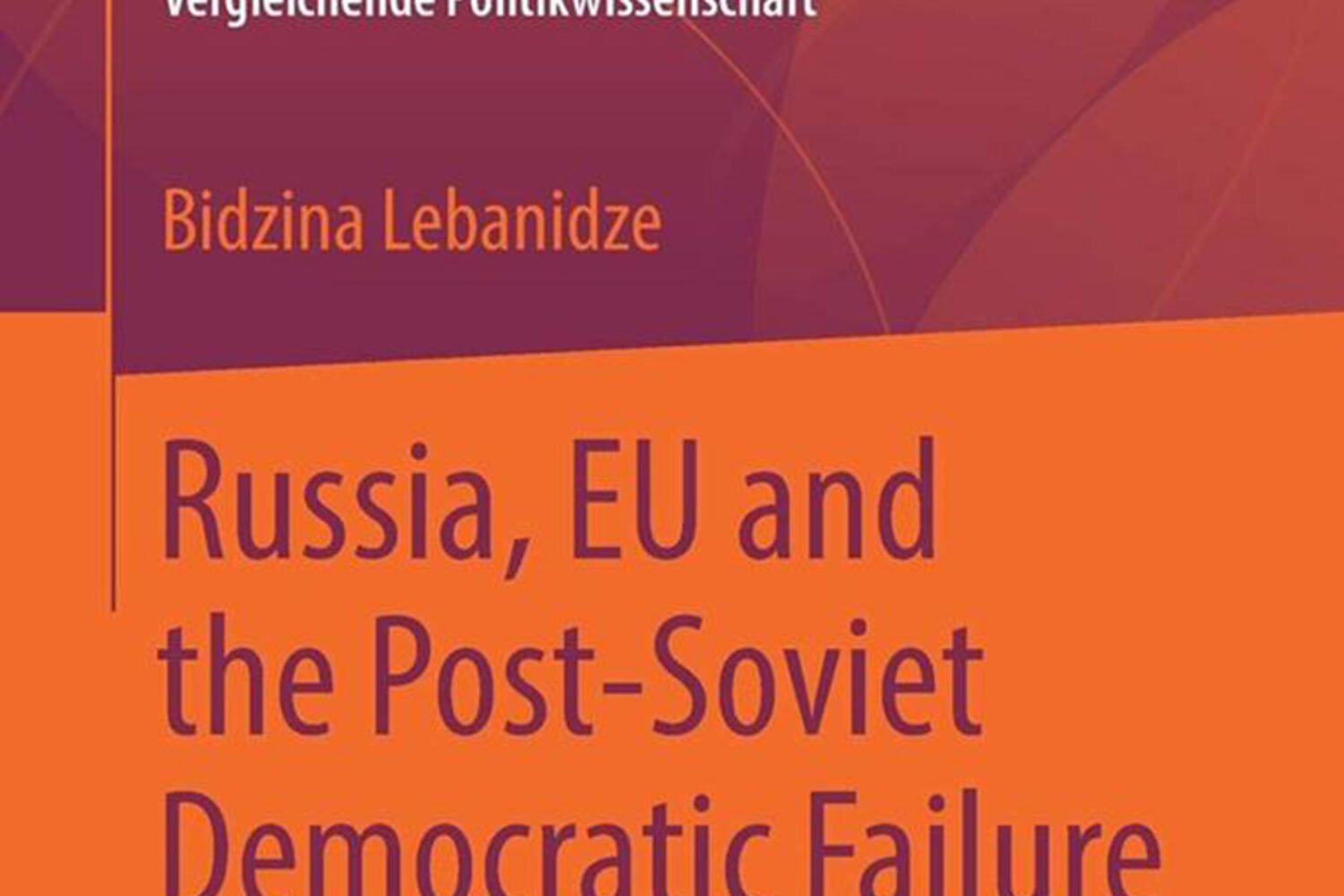28-05-2019
SpringerVS published a new book by GIP Senior Policy Analyst – Bidzina Lebanidze – “Russia, EU and the Post-Soviet Democratic Failure”. This publication is a part of the Vergleichende Politikwissenschaft book series (VGPO)
By studying the influence of the two main external actors in post-Soviet space, the EU and Russia, this study contributes to the increasing body of literature that studies the causes of democratic recession and authoritarian backlash in post-Soviet states and the role of regional actors in these processes.
Full book can be accessed here
Empirically, the study finds the EU to be both a democracy-promoting and democracy-hindering actor in post-Soviet states. Russia’s impact, on the other hand, is far more negative than the literature on democratization and autocracy promotion typically suggests. It negatively affects both the quality of democracy of post-Soviet states and limits the EU’s options for promoting democracy in its neighborhood.
Content
-Regime outcomes and degree of democracy in the post-Soviet states
-Domestic prerequisites for democratization
-Russia, EU and their vulnerable neighbors: Measuring the external leverage in the post-Soviet states
-Between neighborhood and colony: European and Russian strategies in the post-Soviet space
-Direct external influence: Elections in the post-Soviet states
Target Groups
-Scholars and students of democratization, European politics, Europeanization and post-Soviet politics
-Policy practitioners working on democratization, post-Soviet region, European foreign policy, ENP, EaP and Russian foreign policy









